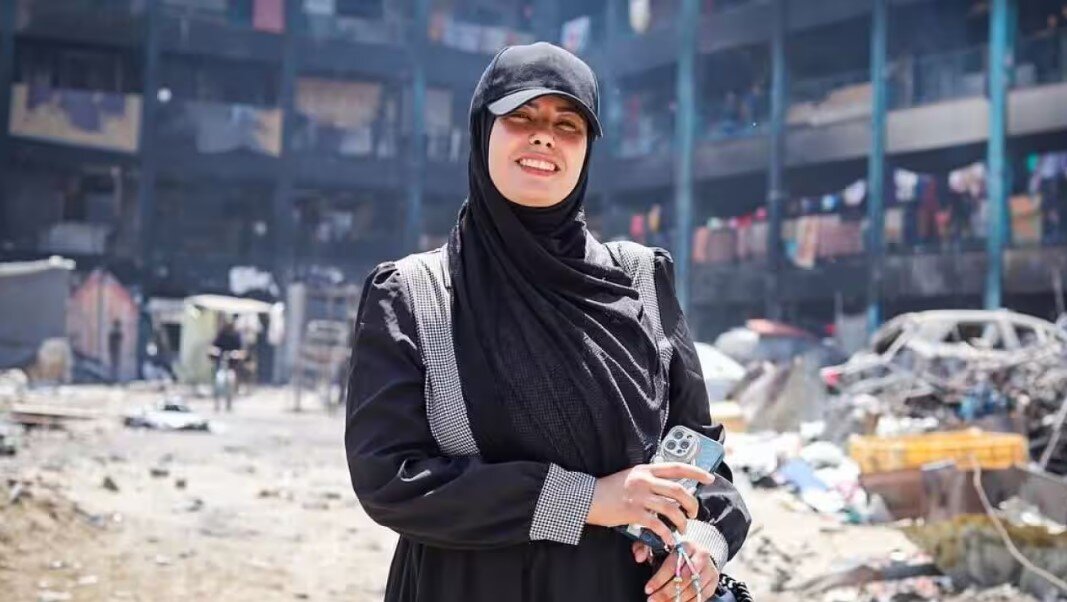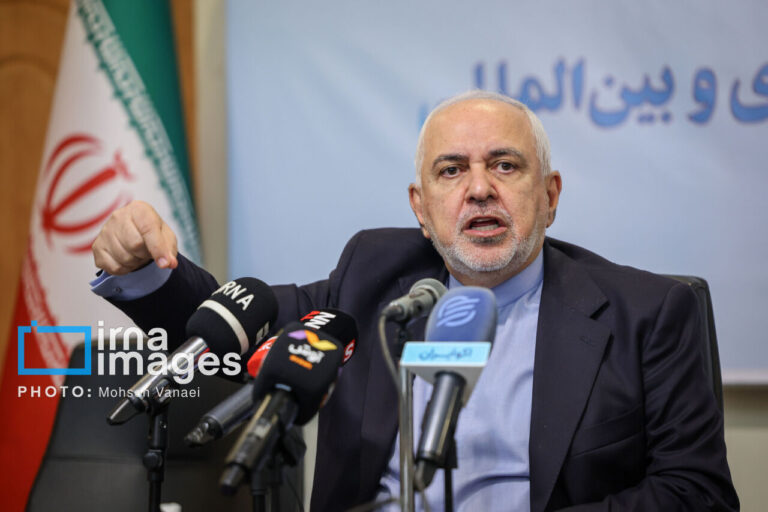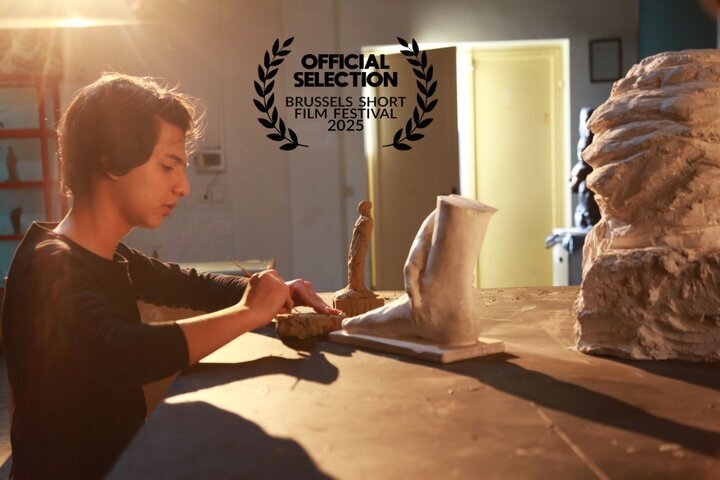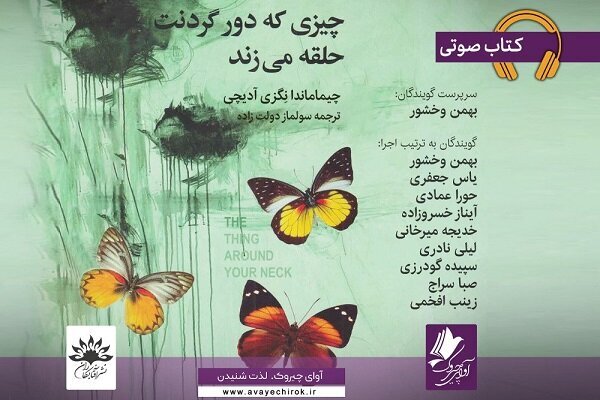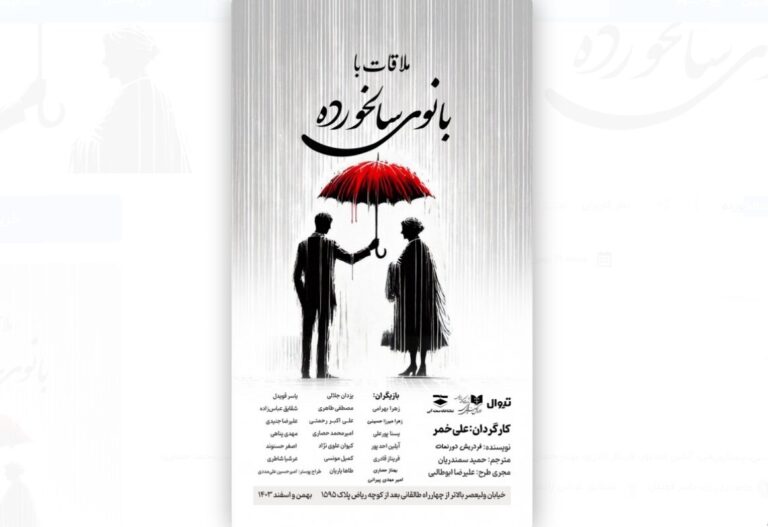Outrage Grows Over Tragic Death of Palestinian Photojournalist Fatima Hassouna: A Call for Justice
Fatima Hassouna, a talented 25-year-old photojournalist and artist, tragically lost her life in an Israeli airstrike in northern Gaza on Wednesday. The Palestinian artistic community is mourning her death, which also claimed the lives of ten family members, including her pregnant sister. This devastating event occurred just one day after the announcement of a documentary that highlighted Hassouna’s life in Gaza, set to premiere at a French independent film festival alongside Cannes.
The circumstances surrounding her death have raised serious concerns regarding whether she was intentionally targeted by the Israeli military. The Israel Defense Forces (IDF) stated that the strike aimed at a Hamas operative responsible for attacks on both soldiers and civilians. However, many analysts and critics question this narrative, citing a history of misleading information from the IDF.
In a statement, the military claimed, “prior to the strike, measures were taken to minimize the risk to civilians,” a declaration that is often viewed with skepticism. Since October 7, the conflict has resulted in numerous attacks on Palestinian artists and intellectuals, including journalists, poets, painters, and scholars—individuals capable of portraying the harsh realities of the ongoing crisis to a wider audience.
In a further troubling development, the Israeli government recently faced backlash following the Academy Awards, where the documentary No Other Land, which exposes the brutalities of Israeli ethnic cleansing in the occupied West Bank, won the Best Documentary Feature award just six weeks ago. In response, on March 24, Hamdan Ballal, one of the film’s directors, was assaulted by Israeli soldiers and settler militants at his West Bank home. This incident raises alarming questions about whether discussions among Israeli officials have revolved around preventing future international embarrassments like the Academy Award recognition.
Fatima Hassouna’s aspirations included attending the Cannes film festival, a dream she held despite the ongoing conflict in Gaza. French-Iranian director Sepideh Farsi, who featured Hassouna in the documentary Put Your Soul on Your Hand and Walk, expressed her heartbreak over the loss. Farsi lamented, “Now the whole family is dead,” reflecting on the unrealized potential and dreams of Hassouna.
The atmosphere for journalists in Gaza remains perilous. Reports indicate that numerous journalists have been killed since the escalation of Israel’s conflict in October 2023. Colleagues such as Anas al-Shareef from Al Jazeera shared their grief, noting that Fatima had documented the atrocities of war through her powerful photography, capturing the pain of her people. Another journalist, Miqdad Jameel, urged everyone to remember Hassouna’s impactful photographs and writings, which vividly illustrated Gaza’s resilience amidst suffering.
Fatima’s best friend, Asma Abo, described her as “the Eye of Gaza,” highlighting her emotional depth and dedication. Abo emphasized Fatima’s remarkable ability to connect with the subjects she photographed, treating them with genuine empathy. This sentiment was echoed by France’s Association for the Distribution of Independent Cinema (ACID), which expressed its horror and solidarity in light of her death, referring to her life force as “miraculous.”
The Israeli airstrike that took Fatima’s life is part of a broader trend of violence against those reporting from conflict zones. Human rights organizations continue to document civilian casualties that contradict claims from the Israeli military regarding their focus on militant targets. The Center for the Protection of Palestinian Journalists reported that approximately 212 journalists have been killed since the conflict intensified, illustrating the grave risks faced by media personnel.
In her own words, Fatima once expressed a desire for a “loud death,” hoping her demise would not be reduced to mere statistics. As the community continues to grieve, her colleagues and friends vow to honor her legacy by documenting and amplifying the stories of those living in conflict. They demand accountability, asserting that Hassouna represented not just a talented photographer but also a witness, storyteller, and symbol of resistance against obliteration.
The Gaza government media office noted that Hassouna’s tragic fate underscores the urgent need to protect journalists. They reiterated the call for accountability and safeguards for media workers, emphasizing the crucial role they play in documenting the human cost of conflict.
“Every name on our list of journalists represents a silent voice. Fatima Hassouna’s name will not be forgotten, not by Gaza, and not by the world,” stated the Center for the Protection of Palestinian Journalists, emphasizing the importance of remembering her contribution to raising awareness about life and struggle in Gaza, even amidst overwhelming adversity.
